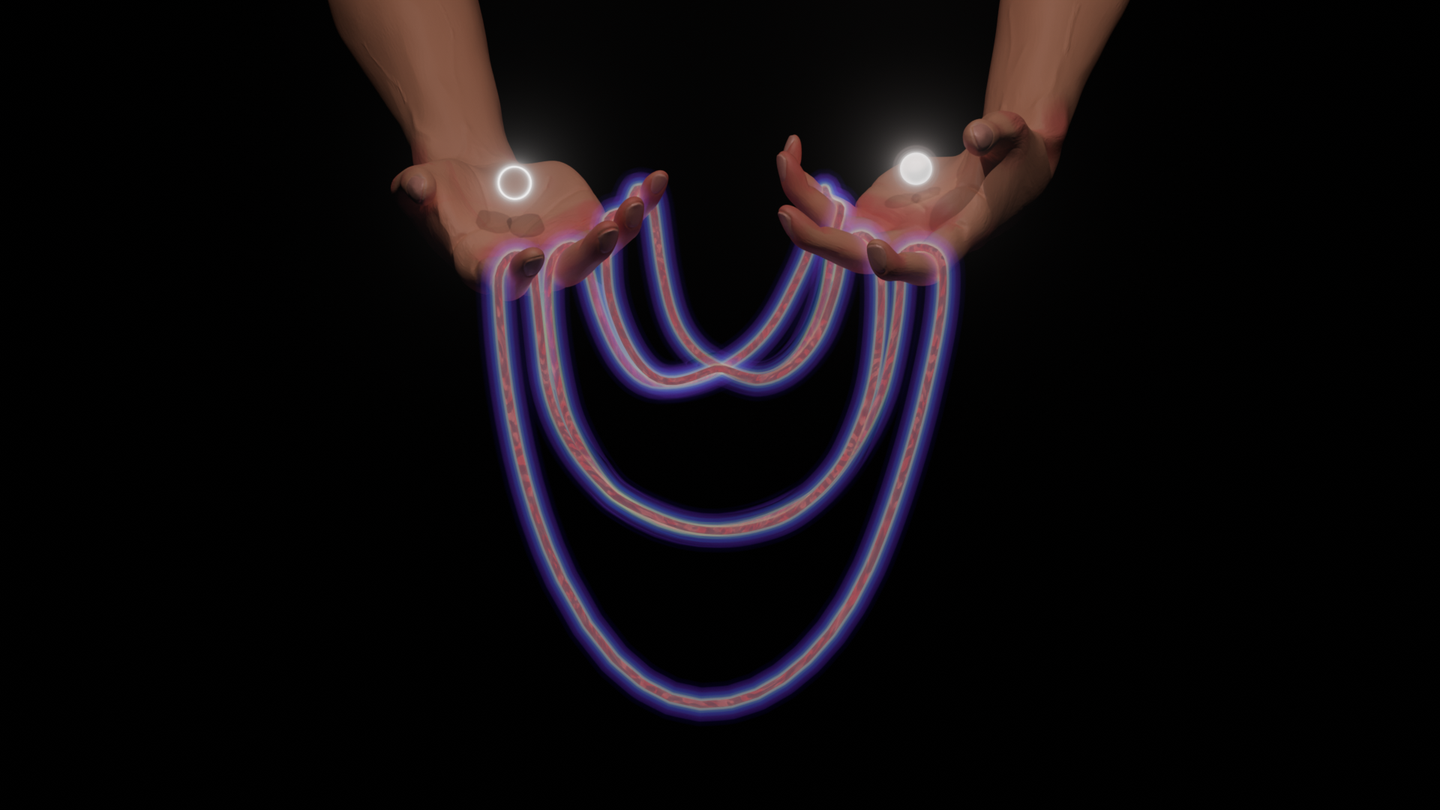Scientists reveal why you can’t remember your early childhood
Infant memories may be stored in the brain but become inaccessible over time. New study reveals how the hippocampus encodes early experiences.

For decades, scientists have wrestled with a deceptively simple puzzle: why do you have no memories of being a baby? (CREDIT: Joel Overbeck on Unsplash)
For decades, scientists have wrestled with a deceptively simple puzzle: why do you have no memories of being a baby? In those first years, your brain learns at remarkable speed. Yet, almost no one can recall moments from before the age of three. This mystery, called infantile amnesia, has fueled a debate—do babies fail to make memories, or do those early experiences vanish as time passes?
A new line of research challenges the idea that early memories never form. A Yale University team found that infants’ brains do encode experiences, but access to those memories may fade as the brain matures. The discovery shifts how scientists think about memory formation and could offer clues to how recall works later in life.
Inside the Newborn Mind: How Early Memories Take Shape
At the center of this process is the hippocampus, a small, seahorse-shaped structure deep in the brain. It is key for forming and retrieving episodic memories—those linked to specific events, places, and people. In adults, damage to the hippocampus causes severe gaps in personal recollection. But whether an infant’s hippocampus is developed enough to store such memories has been a point of dispute.
For years, one theory dominated: the infant hippocampus was too immature to handle episodic memory. The argument came from the fact that the brain’s memory circuits, known as the trisynaptic pathway, are still wiring themselves in the earliest months of life.
Supporting that view, earlier studies often compared infants’ memory skills to adults with hippocampal damage. These comparisons reinforced the belief that young brains could not reliably encode personal experiences.
More recent findings tell a different story. Behavioral research shows that infants can remember specific events for days, weeks, and even months. This evidence contradicts the idea of a complete inability to store early memories. Still, until recently, scientists lacked direct proof from inside the brain.
That changed with a study published in Science. Researchers used functional magnetic resonance imaging (fMRI) to examine brain activity in infants aged four to 25 months as they viewed faces, objects, and scenes. Later, scientists measured how long the infants looked at familiar images versus new ones. A longer gaze at the familiar signaled that the memory had been successfully encoded.
Related Stories
- Writing by hand boosts reading skills in young children, study finds
- Groundbreaking discovery promotes verbal learning and fights memory loss
The results showed that when the hippocampus was more active during an image’s first appearance, the baby was more likely to recognize it later.
The Role of the Hippocampus in Infant Memory
The findings suggest that infants as young as 12 months can encode episodic memories in the same region of the hippocampus that adults use for memory storage. Specifically, activity in the posterior hippocampus—the part closer to the back of the head—was linked to stronger memory encoding. This region is also crucial for adult episodic memory, reinforcing the idea that infants' brains use a similar mechanism.
However, younger infants showed a different pattern. Babies under 12 months didn't display the same memory-related brain activity, suggesting their hippocampal circuits were still developing.
These findings align with past research on statistical learning, another type of memory that helps infants recognize patterns in their environment. This form of learning, linked to a different hippocampal pathway, emerges earlier than episodic memory and helps babies understand language, objects, and social cues.
“The hallmark of these types of memories, which we call episodic memories, is that you can describe them to others, but that’s off the table when you’re dealing with pre-verbal infants,” explained Nick Turk-Browne, senior author of the study and professor of psychology at Yale.
By showing that the infant hippocampus can encode memories, the study shifts the focus from whether babies can store memories to why they forget them.
Why Do Early Memories Disappear?
If infants can encode memories, why don’t you remember being a baby? Researchers believe the answer lies in how memories are stored and retrieved over time.
One possibility is that early memories never transfer to long-term storage, fading before they can be solidified. Another explanation is that these memories remain in the brain but become inaccessible as it develops.
Animal studies provide intriguing clues. Research on rodents shows that memories formed in infancy leave lasting cellular traces, called memory engrams, in the hippocampus. Even when young animals appear to forget, these traces remain intact. In some cases, memory recall can be restored through specific cues or direct stimulation of these engrams.
Interestingly, the rapid neurogenesis (growth of new neurons) that occurs in infancy may interfere with memory retrieval. Some scientists believe that as new neurons integrate into the hippocampus, they disrupt existing memory circuits, making earlier memories harder to access. This could explain why memories from early childhood fade even though the brain is still capable of storing them.
Turk-Browne and his team are now testing whether infants, toddlers, and preschoolers can remember experiences from their own babyhood. Preliminary results suggest that some of these memories might persist into early childhood before eventually becoming inaccessible.
“Tristan’s work in humans is remarkably compatible with recent animal evidence that infantile amnesia is a retrieval problem,” Turk-Browne noted, referring to lead researcher Tristan Yates.
The Future of Memory Research
The new findings challenge the traditional view that infantile amnesia occurs because the brain is too immature to form memories. Instead, they suggest that early memories are encoded but become difficult to retrieve as the brain develops. This could have broader implications for understanding memory disorders, childhood development, and even memory enhancement techniques.
Future studies aim to track memory development across early childhood, identifying the key factors that influence long-term memory retention. If scientists can determine why early memories become inaccessible, they may uncover ways to improve memory retrieval later in life.
The study also raises a fascinating question: Could forgotten infant memories still exist somewhere in the brain? While retrieving them remains a challenge, ongoing research may one day reveal whether these lost memories are truly gone—or simply hidden away, waiting to be unlocked.
Note: Materials provided above by The Brighter Side of News. Content may be edited for style and length.
Like these kind of feel good stories? Get The Brighter Side of News' newsletter.



